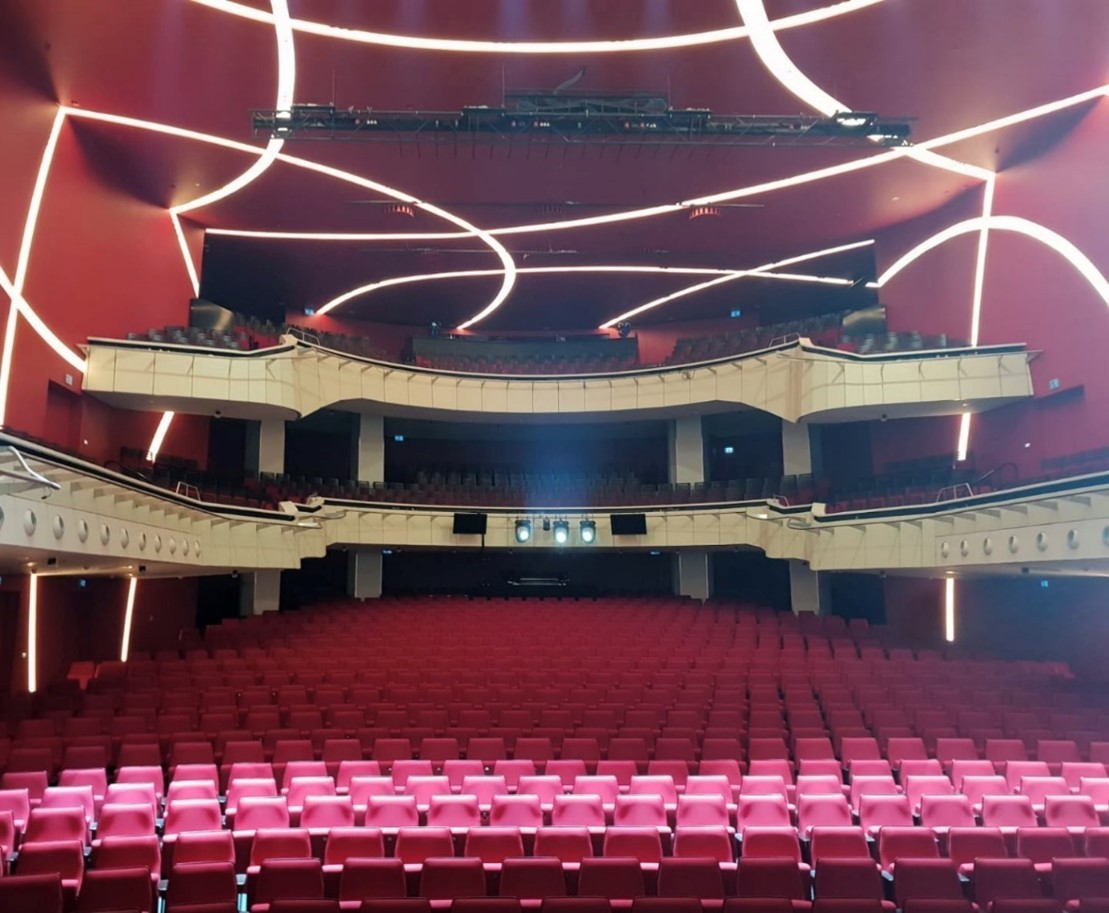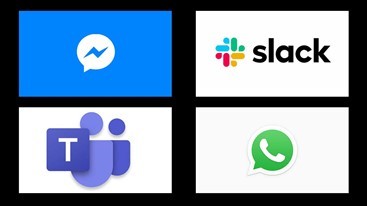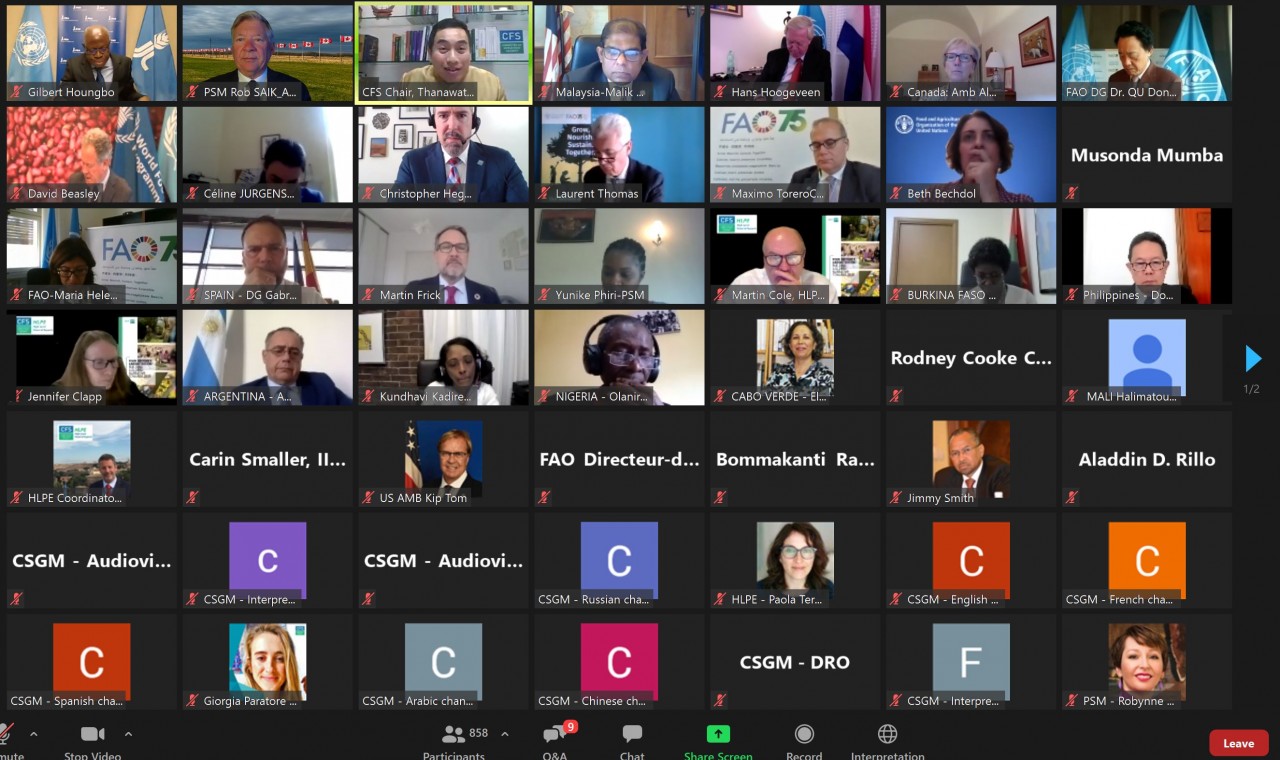ECOSOC at 80: Renewing Multilateralism in an Age of Global Uncertainty
On 23 January, the United Nations Economic and Social Council (ECOSOC) convened a commemorative session…
 When I joined Emerging in 2019, after 15 years working to support artistic companies around the world, I did not think my stage experience would become so relevant as it is today.
When I joined Emerging in 2019, after 15 years working to support artistic companies around the world, I did not think my stage experience would become so relevant as it is today.
2020 has been a game-changing year for companies and organizations on many levels. One of them has been their capacity to continue working in a virtual setting. As remote working and virtual meetings are slowly becoming a new norm, so are online events. Those have been allowing me to contribute even more meaningfully to the work of my team. In fact, on many levels managing online events is like stage management.
Here is an outline of a few lessons learned from planning online events:
– Always have a workplan. Being able to coordinate all the elements of an online event means that you have to be organised from the start to avoid errors and the last minute panic.
– Rehearsal is key. Many of the key moments, or elements of what you will see working effectively during an online event are choices that have been made during a rehearsal. It will also reveal the strength and weaknesses of your team and allow for you to have each person play a role that will be most suitable.
– Never forget your script. As it would be for a play or TV program a necessary tool is a script for your team, for the speakers and the support team. Only when you know exactly what should happen at any given time during an event will you be able to get the best out of your speakers, your message communicated effectively and everybody working efficiently. The script is one of the best tools to use to handle stressful situations.
– Communication, communication, communication. A stage  manager is always connected to his performers and crew. The same way a team needs to communicate during a live performance, they need to communicate during an online event. There are many platforms and collaboration tools that are available to help you do that (Microsoft Teams, Slack, WhatsApp, Google Hangouts…etc).
manager is always connected to his performers and crew. The same way a team needs to communicate during a live performance, they need to communicate during an online event. There are many platforms and collaboration tools that are available to help you do that (Microsoft Teams, Slack, WhatsApp, Google Hangouts…etc).
Planning an online event and seeing the meaningful interactions between panellists and their audience and receiving feedback from participants or clients has the same feel as when we see a good performance meet its audience.

The subtle work of preparation and attention to detail that takes places behind the scenes is what makes a successful online event, conference, meeting, or webinar.